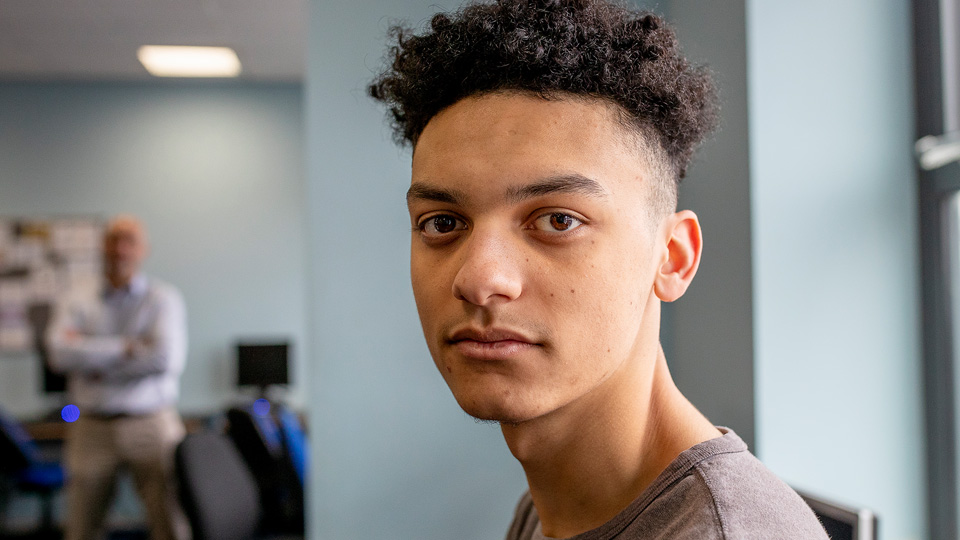What causes conduct disorder?
While the exact cause of conduct disorder isn’t yet known, it's believed there are several factors which may determine whether your child is likely to develop the disorder. These include biological, genetic, social and environmental factors.
The assessment process with a Priory therapist will determine whether the young person's negative behaviours are due to learned behaviour within an abusive or troubled environment, and whether the 'gratification' aspect of the condition is evident.
Some of the factors that can play a role in your child developing conduct disorder include:
Biological
Studies have shown that injuries to certain parts of the brain that control impulses and emotions may lead to problems in your child being able to regulate their behaviour.
It's also been found that children diagnosed with conduct disorder often have other mental health conditions, such as an anxiety disorder, depression or attention deficit hyperactivity disorder (ADHD), which can worsen your child’s symptoms.
Genetics
Many children and teens diagnosed with conduct disorder also have immediate family members with a history of mental illness, including anxiety disorders, addictions and personality disorders. This indicates that the likelihood of someone developing conduct disorder is at least partly influenced by genes.
Environmental
An unstable or abusive home life can also contribute to a child developing conduct disorder. Traumatic experiences and close family members prone to substance abuse are thought to play a role in developing negative behaviours.
Social
Social risk factors for conduct disorder include growing up in a household with low income, having trouble being accepted at school and experiencing academic problems.





